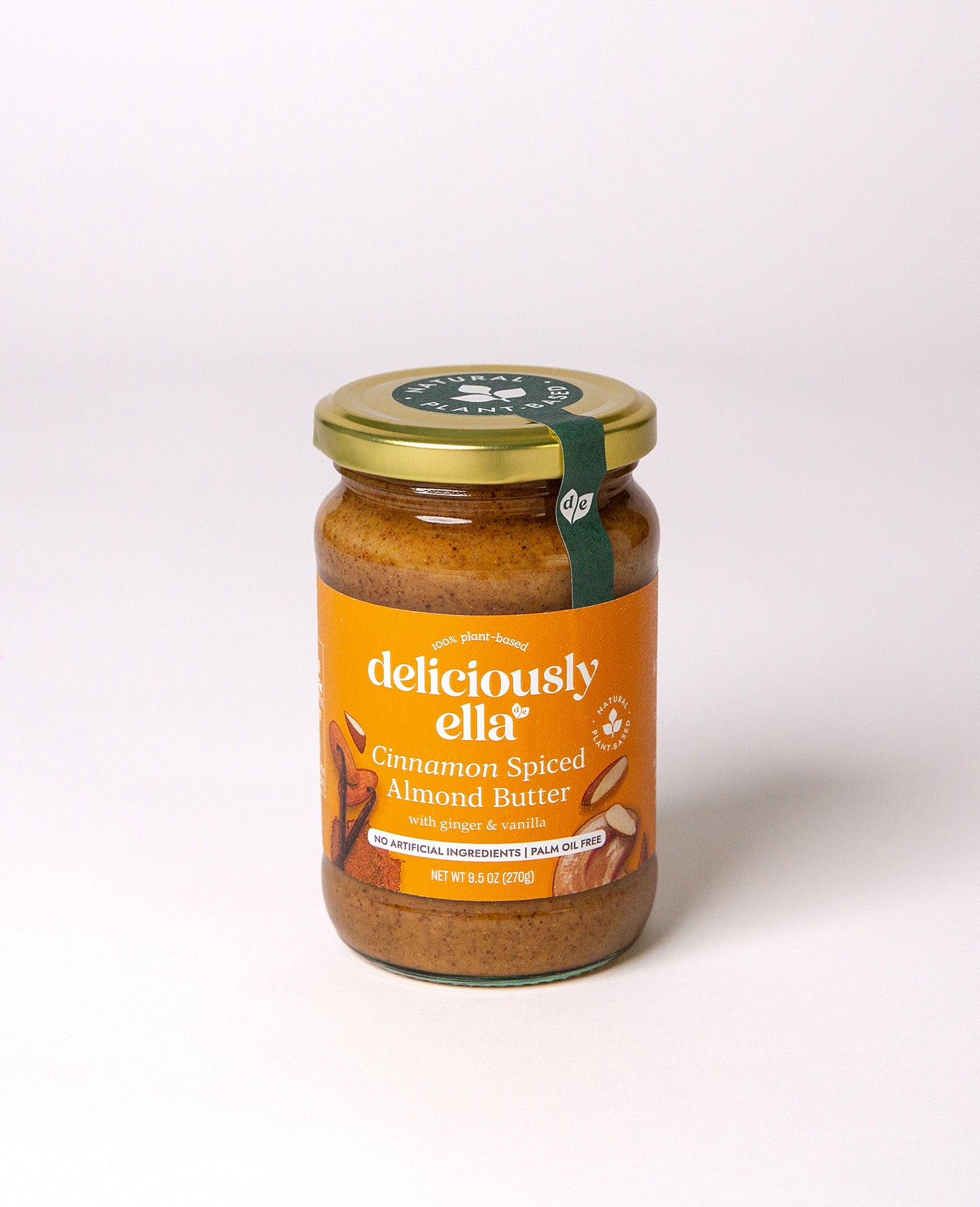Habits shape every aspect of our lives; they determine our actions, attitudes, and decision-making abilities. We know how important they are but changing them can feel like fighting an uphill battle.
The good news is that the easiest way to change your habits is to focus on small, healthy habits that you can commit to in the long term, which can revolutionise your future wellbeing.
1. Think about habit stacking
Habit stacking is a simple concept, whereby you simply stack one new habit on top of an old one. Say you struggle to exercise in the mornings, you start adding exercise to something you already do: i.e. when you go downstairs to make a cup of coffee you do 5 minutes of stretching, or you do a 5-minute meditation while the kettle boils/your coffee cools. Our brains are wired for the familiar, and forming those new neural connections is much harder than sticking with old habits, which is why pairing old and new together can be so powerful.
2. Think long-term
Less healthy habits, for instance eating a donut or a pint of ice cream, instantly light up the reward centre in our brain, providing us with that feel-good dopamine hit. Whereas, taking the time to prepare a healthy dinner from scratch after a long day can feel like one more thing on the to-do list. It won’t give us that instant reward. The key is to recognise this difference and that whilst the instant dopamine hit feels good in the moment, those habits likely won’t get us where we want to be.
Instead, think about your long-term goals and the rewards you’ll reap in the medium to long term. If we maintain those healthy habits over a few months, we’ll feel more energised, enjoy experimenting with nutritious recipes and probably feel more comfortable in our own skin, through committing to prioritising our health.
3. Understand your motivations
The key to success is coming back to why you want to make the change, keeping in mind that it won’t always be easy, nor will motivation always be there. Small habits don’t transform your life overnight, but each time they cast a vote for the person you are becoming. It’s by taking small, daily(ish) actions that align with the outcome you desire that we achieve the goals we set for ourselves.
4. Set up your environment for success
Stock your cupboards and fridge with healthy ingredients, leave a bowl of fresh fruit out in plain sight, write out a loose plan for the week of healthy meals, or lay your gym kit out the night before.
5. Focus on what you’re adding in, not what you’re taking away
Setting yourself up with an extreme list of rules is oftentimes setting yourself up to fail. Research has shown that on a restrictive diet, up to two-thirds of people regain more weight than they lose. Why? Because these diets are simply not sustainable, for the majority of people. So, instead of making promises to cut down or remove various foods, consider what you can add to your diet to make it more nutritious, enjoyable, and exciting instead.
Fuelling your body with nutritious, balanced meals will leave you feeling satisfied, and full of energy, and will have a positive impact on your health for the long term. Try to balance your plate with complex carbohydrates (the body and brain’s preferred source of energy) such as wholewheat pasta, brown rice, oats, and fibre (to support digestion), including green leafy vegetables, wholegrains, cruciferous vegetables like cauliflower or broccoli; quality protein (needed for growth and repair) like lentils, beans, tofu, and quinoa, for example; and healthy fats (to help us feel fuller for longer and for nutrient absorption), such as olive oil, nuts, and seeds. Recent healthy eating recommendations suggest aiming for 30 different plant foods per week (this includes nuts, seeds, wholegrains, beans, and pulses), so why not start with simply adding an extra portion of plants to every meal?
If you don’t enjoy your food, you won’t feel satisfied, so it’s also important to include foods that bring you joy. There’s no ‘good’ or ‘bad’ food, and food shouldn’t be associated with guilt or shame. If you’re enjoying an abundance of foods packed with nutrients, fibre, colour, and flavour most of the time — feel free to enjoy that piece of cake, chocolate, or glass of wine, when you feel like it. Healthy eating is about long-term sustainability, rather than depriving yourself.
6. Scale your habits down
Instead of making healthy habits more difficult to follow through by committing to a 5-day-a-week gym plan or resolution to avoid certain foods for the next 8 weeks, make them as easy as possible and build from there. For example, can you plan to do 10 minutes of yoga two mornings a week, and then next week do 10 minutes three mornings a week? The key is to find an entry point that you can be consistent with and from there the momentum will build.
7. Prioritise sleep
Healthy habits are not just about diet and exercise, getting a good night’s sleep also ranks right up there as essential for our wellbeing. A night of poor sleep may negatively affect your mood, energy levels, concentration, appetite, and ability to deal with whatever life throws at you the following day. Long term, science has linked a lack of sleep with a wealth of health issues, from increased risk of cardiovascular disease and type 2 diabetes to obesity and weakened immunity.
If your healthy eating is right on track, a lack of shut-eye may end up throwing all of your good efforts off course. Sleepless nights can affect our eating habits as the hormone ghrelin (which communicates hunger) spikes and leptin (which tells us we’re full) declines, meaning that you may end up overeating or snacking when you’re not actually hungry. If you’re feeling tired after a sleepless night, you’re also less likely to exercise the next day. Plus, sleep helps our bodies maintain normal levels of the stress hormone cortisol, so less sleep may mean more stress.
But what can we do to get a good night’s sleep? The National Sleep Foundation recommends that most adults aim for 7 to 9 hours of sleep per night, although this depends on individual circumstances. Your body clock loves routine, so try to wake up at the same time every day. Try getting early morning daylight exposure, going to bed an hour earlier, limiting devices at least 30 minutes before bed, and developing a bedtime ritual – try to relax and unwind (consider yoga or calming your mind with meditation), removing any distractions from your bedroom (yes, that includes your phone), and staying hydrated throughout the day.
Forming healthier habits and routines should feel enjoyable, not like a punishment. So it’s so important to remind yourself that taking small yet intentional actions will lead to the outcome you’re after.













